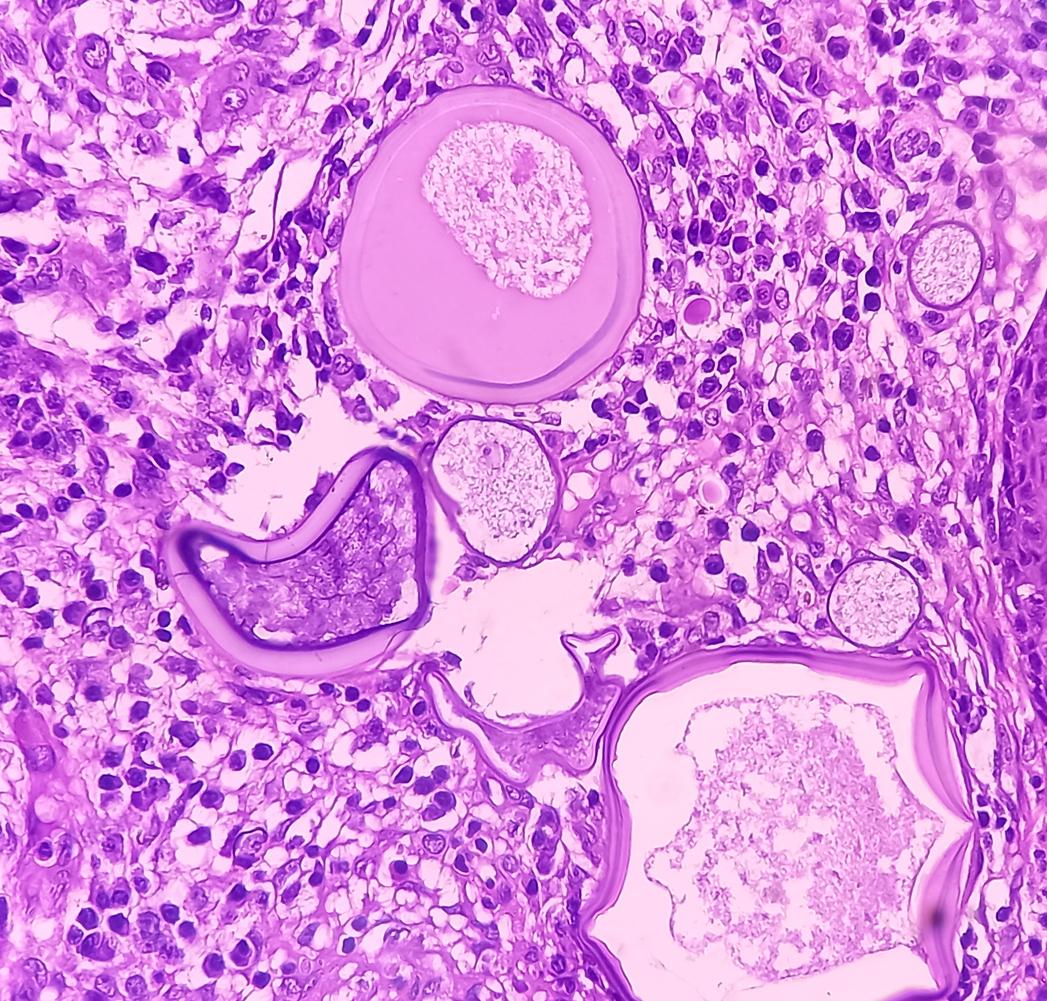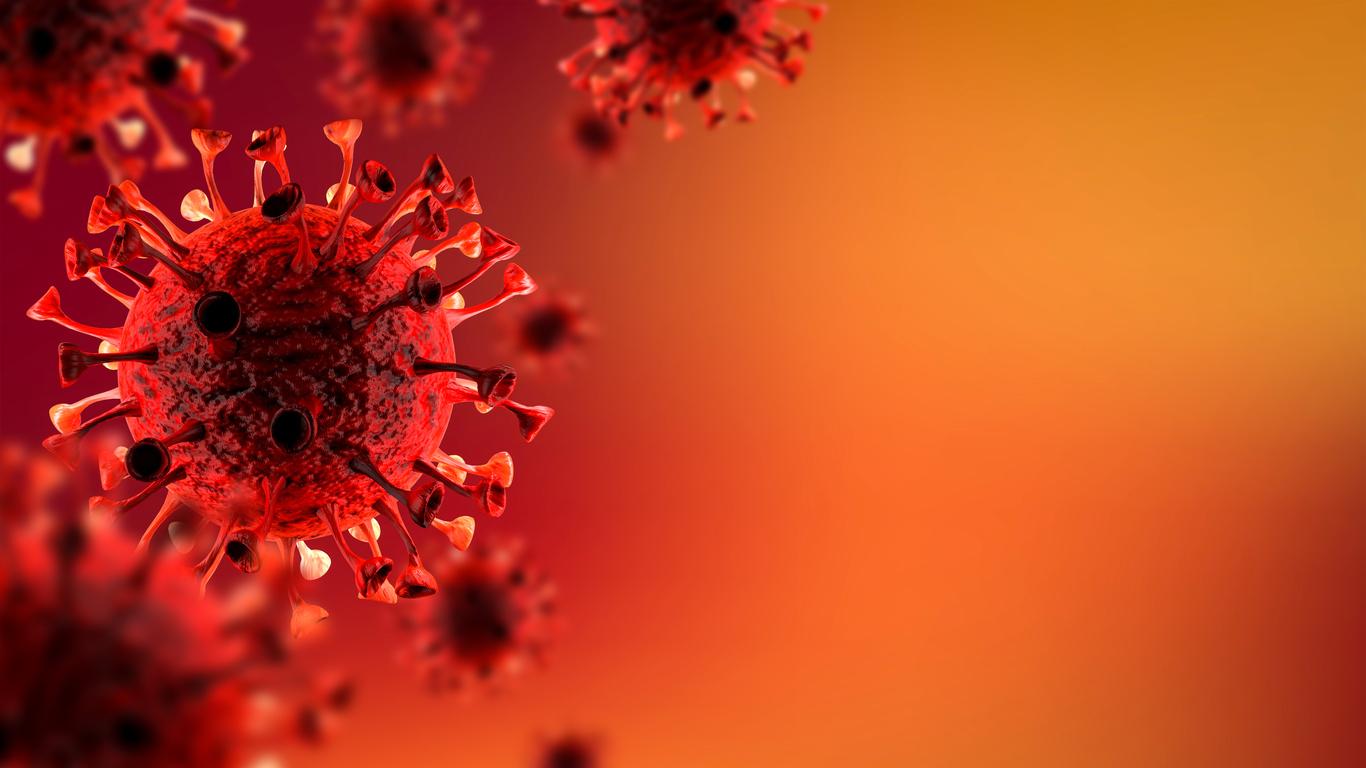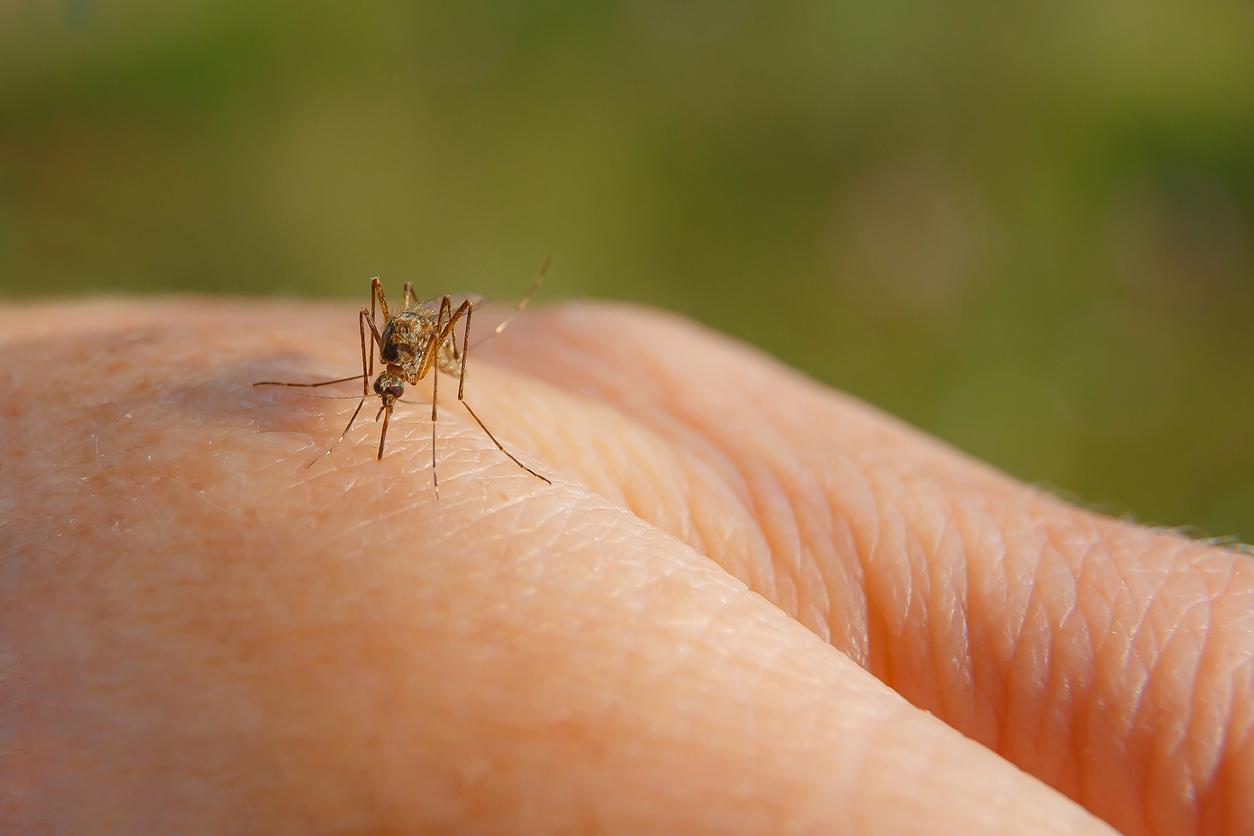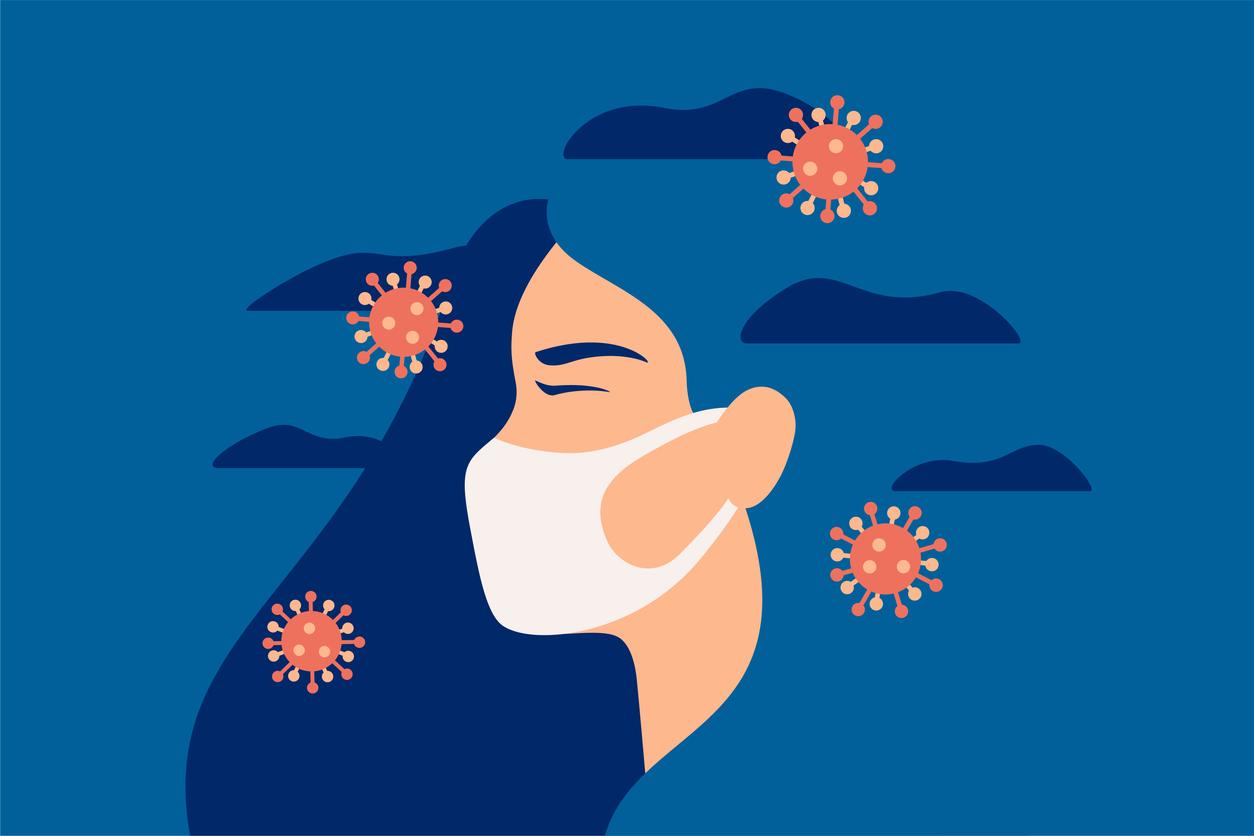British researchers found that molecules in these vegetables helped maintain a healthy barrier in the lungs and reduce infections.
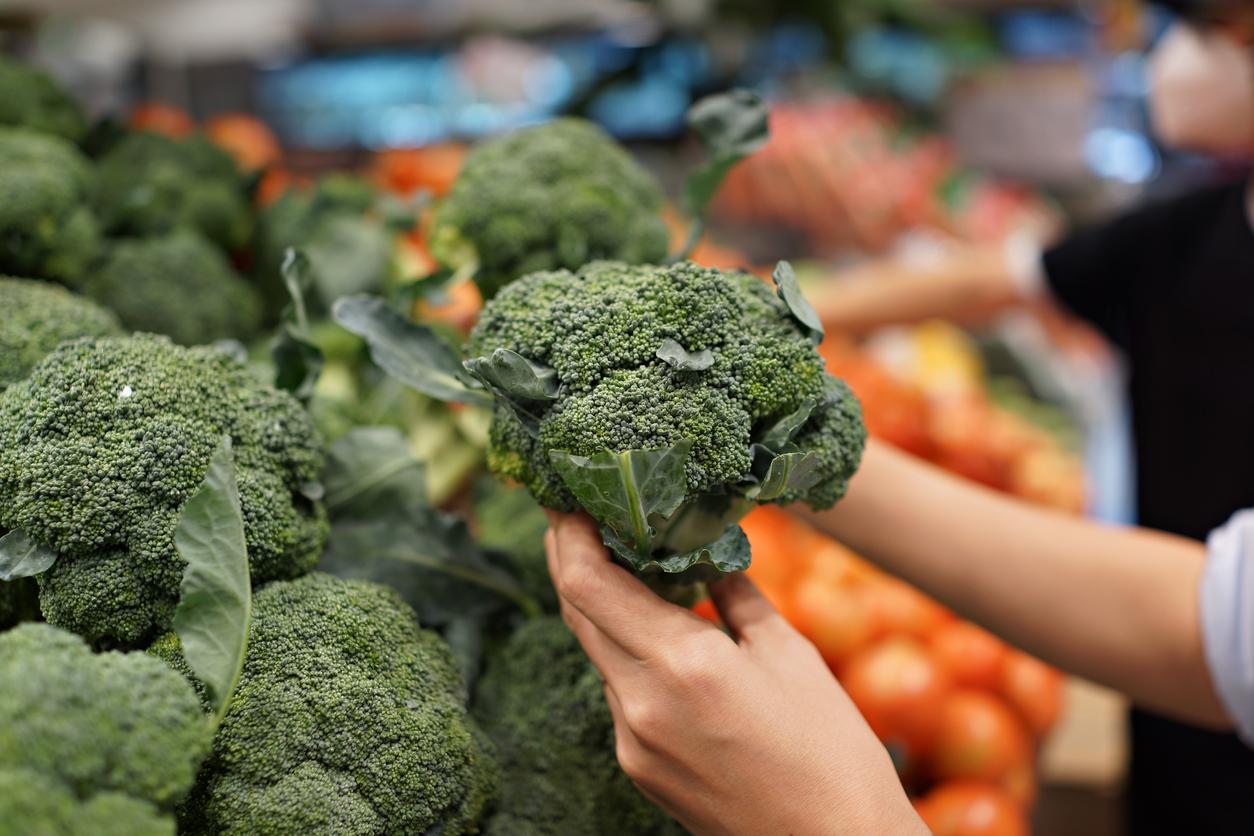
- Broccoli, cauliflower, kale or cabbage activates the aryl hydrocarbon receptor (AHR), which strengthens the lung barrier.
- When AHR was overactivated by eating cruciferous vegetables, the mice had less blood in the lung spaces.
- Even if the appetite is reduced during the infection, it is important to maintain a good diet to avoid further lung damage.
Chest infections are common and can be especially dangerous for people who have weakened immune systems. To prevent them, it is important to maintain a healthy lung barrier and strengthen your immune system. A recent discovery made by researchers at the Francis Crick Institute (England) suggests that cruciferous vegetables, such as broccoli, cauliflower, kale or cabbage, may play a key role in protecting the lungs against infections.
Lungs: molecules in cruciferous vegetables activate assisted procreation of cells
As part of a study, published in the journal Nature, scientists conducted experiments to understand how these foods help prevent lung infections. In detail, they infected mice with the influenza virus and observed the effects of consuming cruciferous vegetables on the lungs of these animals. First, the authors discovered that broccoli and cabbage contained molecules that activate the aryl hydrocarbon receptor (AHR) in the endothelial cells of blood vessels in the lungs. Activation of this receptor strengthens the pulmonary barrier by maintaining stable cellular integrity and improving the immune response during viral or bacterial infections.
Better immune response in mice that ate broccoli and cabbage
During their research, the team also observed that in rodents infected with the influenza virus, blood was found in the air spaces of the lungs because it had passed through the damaged barrier. But then they noted that when AHR was overactivated, there was less blood in the lung spaces. Another observation: mice that regularly consumed cruciferous vegetables had a stronger lung barrier and showed less damage to the lungs during infection. Additionally, they showed a better immune response and increased ability to fight infection.
“We have now shown that AHR is important for maintaining a strong barrier in the lungs across the endothelial cell layer, which is disrupted during infection. People may be less likely to maintain a good diet when “They are sick, and therefore do not absorb the molecules from vegetables that make this system work. It is still a good idea to eat a lot of cruciferous vegetables, but this shows that it is even more important to continue to eat them. eat when you are sick!”, concluded research author Andreas Wack in a statement.









